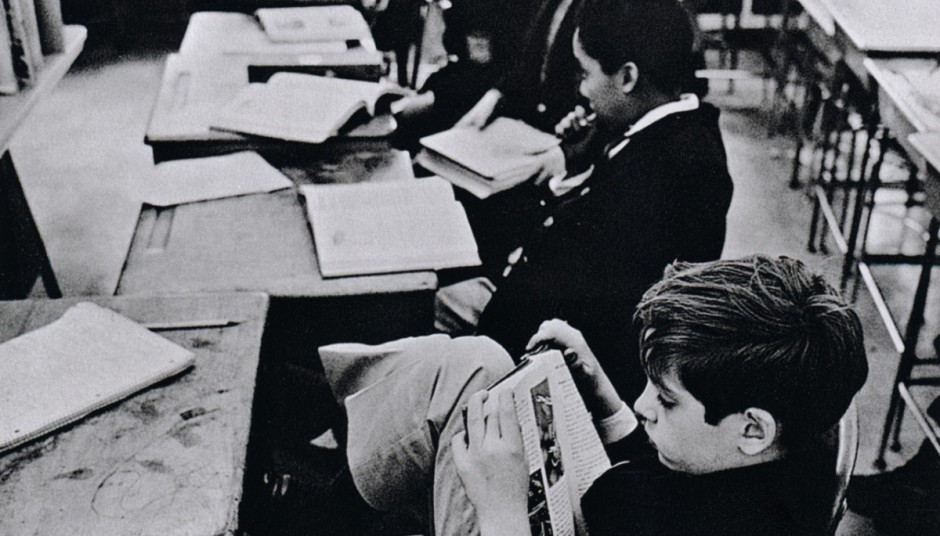Billy Liu
I’m not sure what my response to Evans’ clandestine approach to photography is. I find myself struggling to settle on one side or the other. While I applaud Evans’ efforts to capture his subjects in their most candid moments, and have great appreciation for photographs taken candidly, I also understand that there is a moral ambiguity with him doing so.
Evans hiding his camera was a necessity in order to capture this candidness but at the same time, it was a choice that Evans made to elevate his photographs’ significance and impact, which brings morality and ethics into question. I would wholly agree that Evans’ methods were unethical at best, directly violating both the unspoken code of keeping to oneself on the subway, and violating the privacy of the riders whom were the subjects in Evans’ photographs.
When comparing the expressions of the riders of the Depression Era to the riders of today, I don’t see much change. People generally don’t make eye contact with each other on the subway unless there is some sort of conflict or conversation, and like to keep to themselves. When there is eye contact made with the camera, there is evident unpreparedness—more candidness.




I’m on the same page as you, Walker Evans did violate the privacy of those commuters by photographing them without there consent. Maybe thats why he didn’t release the photographs of those people until some time passed.